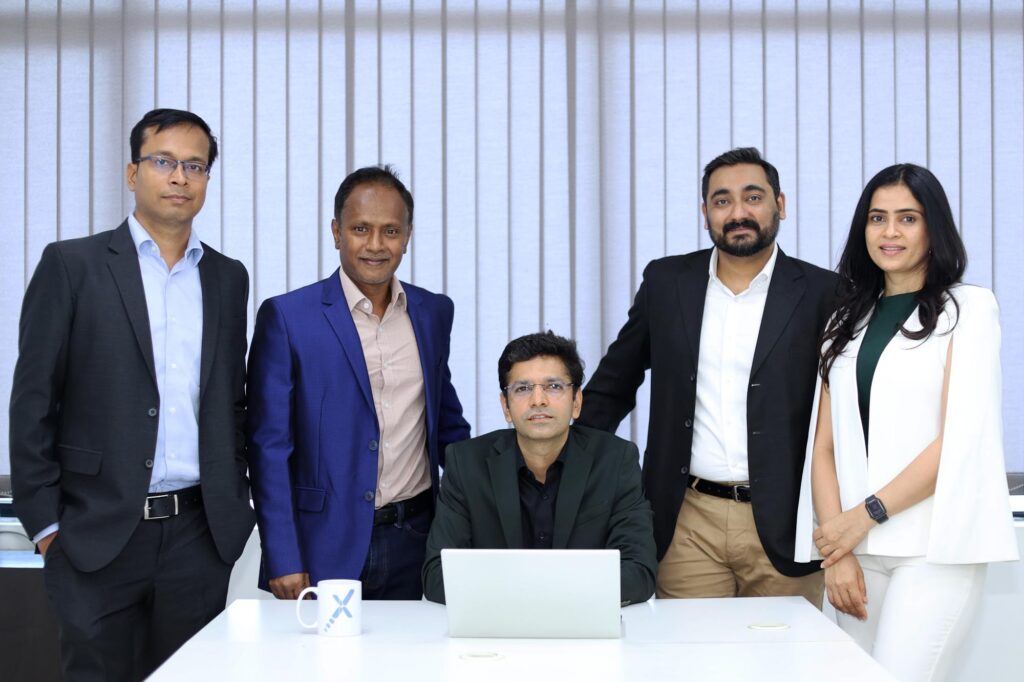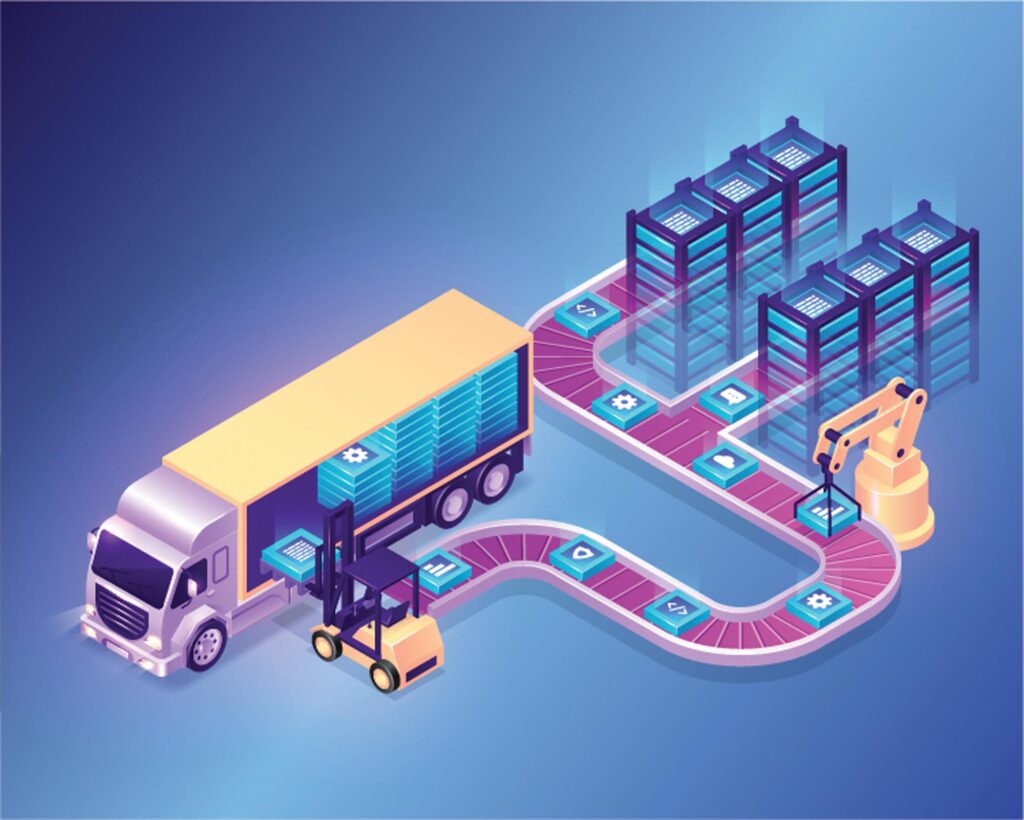In a conversation with Rajesh Rajgor, Rahul Yadav, CEO of Axestrack, shares insights into how the company is spearheading digital transformation in the logistics sector. With innovative solutions that harness the power of IoT, AI, and connected platforms, Axestrack is redefining the logistics landscape in India and beyond.

The Indian logistics sector is at a crucial juncture of digital transformation. How do you see technology reshaping the traditional logistics landscape?
The Indian logistics sector is undergoing a paradigm shift from manual to digital operations. Traditional logistics processes, often plagued by inefficiencies and a lack of real-time visibility, are being revolutionized through digital solutions. At Axestrack, we believe digitalization is not just about adopting technology but transforming the entire operational mindset.
Our Connected OS Thinking approach has shown that businesses embracing digital transformation can achieve up to a 30% improvement in operational efficiency. The key is integration—connecting various logistics touchpoints through a unified digital platform.
Our flagship product, xSwift, exemplifies this approach, providing a Single Pane of Glass (SPOG) view that offers unprecedented transparency across logistics operations. The future of logistics is not just digital; it’s connected, intelligent, and predictive.
Axestrack has been pioneering the integration of IoT and AI in logistics. Could you elaborate on how these technologies are optimizing logistics operations?
The convergence of IoT and AI has created a powerful ecosystem for logistics optimization. At Axestrack, we leverage this synergy through multiple touchpoints. For instance, our AI-powered dashcam and Driver Monitoring System (DMS) go beyond basic surveillance by enhancing driver safety and asset protection through real-time monitoring and predictive analytics.

AI-based technologies are solving use cases that previously required manual intervention, enabling teams to deliver 10x performance. The information generated also supports other functions like finance and sales, creating a holistic impact across organizations.
Our Managed Control Tower (MCT) showcases how AI transforms incident management. By detecting issues in real time and initiating automated responses, MCT ensures minimal disruptions, enabling clients to maintain operational continuity even in challenging scenarios.
Axestrack serves diverse industries from cement to ports. How do you adapt your digital solutions to meet industry-specific requirements?
Each industry presents unique logistics challenges. In the cement sector, our connected plant logistics solution optimizes the supply chain from raw material procurement to factory-to-consumer delivery. For ports, our connected port logistics solution ensures seamless coordination between vessel arrivals, cargo handling, and inland transportation.
In FMCG, our focus is on last-mile delivery optimization and inventory tracking, while in oil and gas, we emphasize safety compliance and hazardous material tracking. The metal and mining sectors benefit from our real-time fleet monitoring and load optimization.
Our industry-specific approach, powered by the aOS platform, ensures each client receives tailored solutions that meet their operational needs while maintaining the benefits of a standardized technology backbone.
Axestrack has expanded beyond India to GCC and US markets. What role does technology standardization play in your global expansion strategy?
Our global expansion is rooted in our Connected OS Thinking. By developing a standardized yet flexible technology platform, we’ve adapted to diverse market requirements while maintaining consistent service quality.
The aOS platform acts as a universal backbone that can be customized for regional needs without compromising functionality. This approach has been particularly successful in the GCC region, where logistics operations often span multiple countries and regulatory frameworks.
In the US, our ability to integrate with existing systems while enhancing functionality has driven growth. Notably, Axestrack is the only Indian company recognized by Gartner in their 2024 Guide for Fleet Telematics, a testament to our leadership in logistics technology.
Q5: Looking ahead, what innovations can we expect from Axestrack in the logistics technology space?
We are continuously pushing the boundaries of logistics technology. Currently, our focus is on enhancing AI capabilities to deliver more accurate predictive analytics and enable autonomous decision-making. We are also exploring blockchain integration to improve transparency and traceability across supply chains.
The future of logistics lies in connected ecosystems. We aim to create intelligent logistics networks where data flows seamlessly, decisions are automated, and efficiency is maximized. Our vision is to redefine logistics by connecting platforms and stakeholders to build a truly integrated ecosystem.